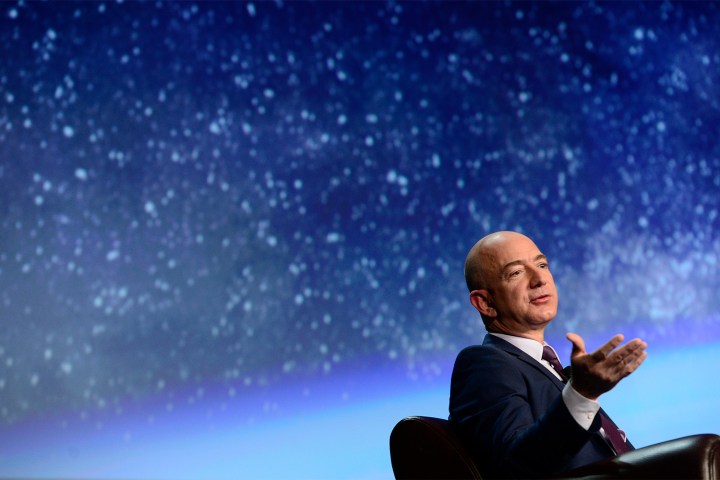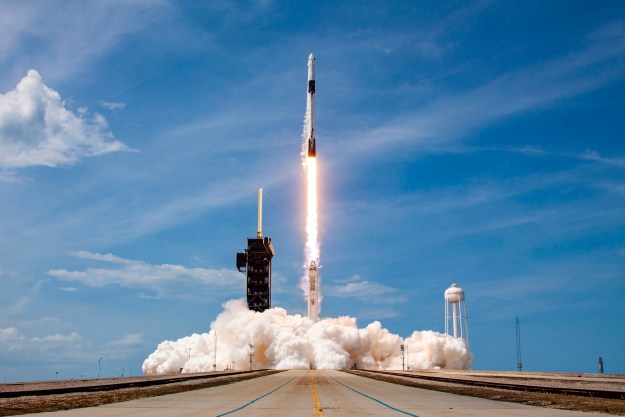
Amazon started off selling books over the internet. Jump forward almost 25 years to the present day and CEO Jeff Bezos’ retail behemoth has expanded its aspirations to cover science fiction-sounding concepts like drone-based deliveries and flying warehouses. Its latest goal may be its most potentially world-changing, however.
According to recent filings spotted by Geek Wire, Amazon plans to launch a constellation of 3,236 satellites into low-Earth orbit to provide internet access to under-served communities around the planet. The filings, for what Amazon terms “Project Kuiper,” were made with the International Telecommunication Union (ITU), an agency within the United Nations that is responsible for issues including satellite orbits.
The ambition of Project Kuiper is to launch satellites at three different altitudes. This will include 784 satellites at a height of 367 miles, 1,296 more at 379 miles, and 1,156 more (for good measure) at 391 miles up. Together, these satellites should cover roughly 95 percent of Earth’s population.
It would seem likely that the company already has many of the pieces in place to get things up and running.
A spokesperson for Amazon said that: “Project Kuiper is a new initiative to launch a constellation of low-Earth orbit satellites that will provide low-latency, high-speed broadband connectivity to unserved and underserved communities around the world. This is a long-term project that envisions serving tens of millions of people who lack basic access to broadband internet. We look forward to partnering on this initiative with companies that share this common vision.”
We don’t know exactly when Amazon’s Project Kuiper will take flight. Considering that Bezos is the founder of spaceflight company Blue Origin, it would seem likely that the company already has many of the pieces in place to get things up and running, though.
In all, it’s certainly a bold venture for one of the world’s biggest tech companies. While it may seem like a benevolent move to bring the internet to underserved communities, however, it’s worth remembering that doing so will also have the not-exactly-undesirable side effect of making Amazon accessible to more people than ever.
At last count, Amazon Prime subscriptions had topped 100 million in the United States alone. That’s certainly nothing to be sniffed at. But when you consider that’s the Earth’s population is roughly 7.53 billion, there’s still a whole lot of untapped market out there.
Editors' Recommendations
- Watch the key moments from SpaceX’s spy satellite launch
- SpaceX launches more Starlink satellites and reveals latest customer count
- OneWeb launches more internet satellites to take on SpaceX’s Starlink
- Watch the highlights from SpaceX’s Sentinel-6 satellite launch
- Amazon’s Echo Show 10 (3rd Gen) has a screen that moves so you don’t have to


